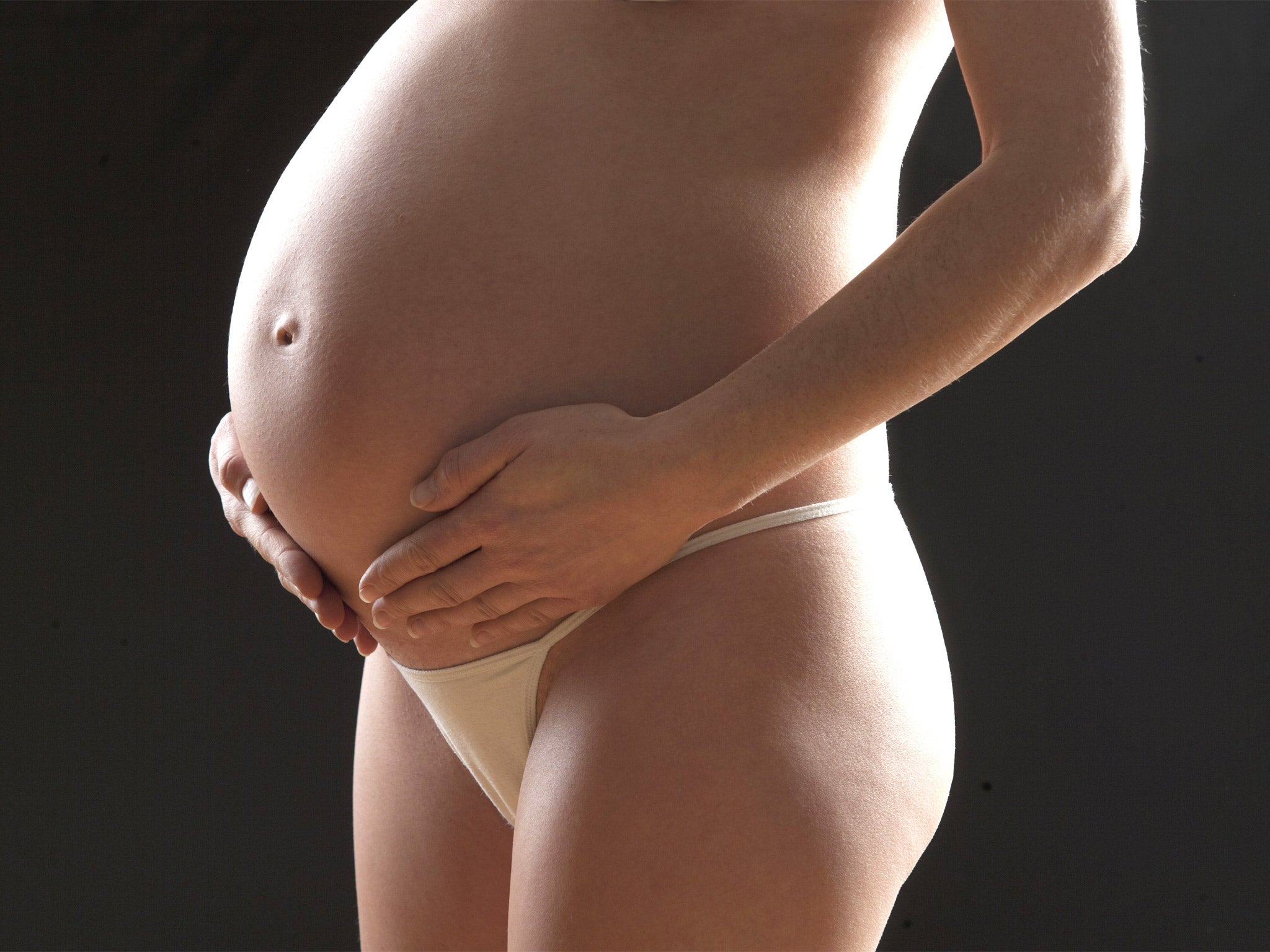Food packaging and furniture: What to avoid when you're pregnant
Everyone knows smoking and long-haul flights are off-limits for expectant mothers. But are all of these everyday objects really bad news as well?

Your support helps us to tell the story
From reproductive rights to climate change to Big Tech, The Independent is on the ground when the story is developing. Whether it's investigating the financials of Elon Musk's pro-Trump PAC or producing our latest documentary, 'The A Word', which shines a light on the American women fighting for reproductive rights, we know how important it is to parse out the facts from the messaging.
At such a critical moment in US history, we need reporters on the ground. Your donation allows us to keep sending journalists to speak to both sides of the story.
The Independent is trusted by Americans across the entire political spectrum. And unlike many other quality news outlets, we choose not to lock Americans out of our reporting and analysis with paywalls. We believe quality journalism should be available to everyone, paid for by those who can afford it.
Your support makes all the difference.New mothers and pregnant women are rarely short of warnings and advice about how to care for their babies. Yet if leading experts are to be believed, they should treat all kinds of apparently ordinary and non-threatening household objects – including food packaging, cosmetic products and even furniture – as potentially harmful due to chemicals they contain.
Startling new advice from the Royal College of Obstetricians and Gynaecologists (RCOG) states that pregnant women should avoid food in plastic containers or cans where possible, and reduce their use of personal-care products such as moisturiser, sunscreen, shower gels and fragrances, to "minimise harm" to their babies.
Women are exposed to hundreds of different environmental chemicals, many of which are found in common consumer products, every day. Exposure to large amounts of such chemicals has been linked to health problems in women and children including birth defects, miscarriages and fertility problems.
The RCOG said in its report that, with the "considerable uncertainty" surrounding the risks of chemical exposure, women should take "a safety-first approach, which is to assume there is risk present even when it may be minimal or eventually unfounded".
Worrying about something that may in fact not be harmful at all could seem unduly alarmist. Yet although day-to-day exposure to individual chemicals is low, the RCOG warns that because they are so ubiquitous, chemical exposures could "accumulate, with the mixture effect posing potential harm".
"Many chemicals have the potential to interfere with the hormone systems in the body, which play key roles in normal fetal development," said Professor Scott Nelson, the chair of the RCOG Scientific Advisory Committee. "Realistically, pregnant women are exposed to a complex mixture of hundreds of chemicals at low levels, but methods for assessing the full risk of exposure are not yet developed."
Steps to reduce exposure to the chemicals, suggested by the RCOG, include reducing use of food or drink in cans or plastic containers, using less and fewer personal-care products, minimising purchases of newly produced furniture, fabrics, non-stick frying pans and cars, avoiding paint fumes and pesticides, and taking over-the-counter painkillers only when necessary. Women should be informed about potential chemical exposures at infertility, antenatal and well-women's clinics as a matter of routine, the RCOG said.
Growing concerns over the risk of chemicals in everyday products to pregnant women relate to their effects on the body's hormone system – particularly on growing babies in the womb. So-called "endocrine-disruptors" including Bisphenol A plastics (BPAs) and phthalates have the potential to disrupt the normal growth process.
BPA is found in many tins and plastic products including food containers, toys, furnishings and electrical equipment. As previously highlighted by The Independent, it has been linked to breast and prostate cancer, heart disease, impotence and infertility. Several food manufacturers have begun removing BPA from their packaging.
However, Philip Law, the public- and industrial-affairs director at the British Plastics Federation, said that, despite the report's recommendations, modern plastics were "safe".
"Plastics containers on the market today are the product of over 40 years of research and development," he said. "They have passed through the controls of chemicals legislation and been endorsed by European Commission risk assessments. They are safe."
Dr Chris Flower, a toxicologist and the director-general of the Cosmetic, Toiletry and Perfumery Association, said that there was no need for "anyone – pregnant or otherwise" to worry about their cosmetic products.
However, the National Childbirth Trust, the UK's largest charity for parents, praised the report, pointing out that "practical guidance" on chemical risks was sorely lacking in the UK.
Janet Fyle, a professional policy adviser at the Royal College of Midwives, urged pregnant women not to be "unnecessarily alarmed" by the report.
"Pregnant women must take this advice with caution and use their common sense and judgement and not be unnecessarily alarmed," she said. "There needs to be more scientific and evidence-based research into the issues and concerns raised by [the RCOG's] paper."
Join our commenting forum
Join thought-provoking conversations, follow other Independent readers and see their replies
Comments